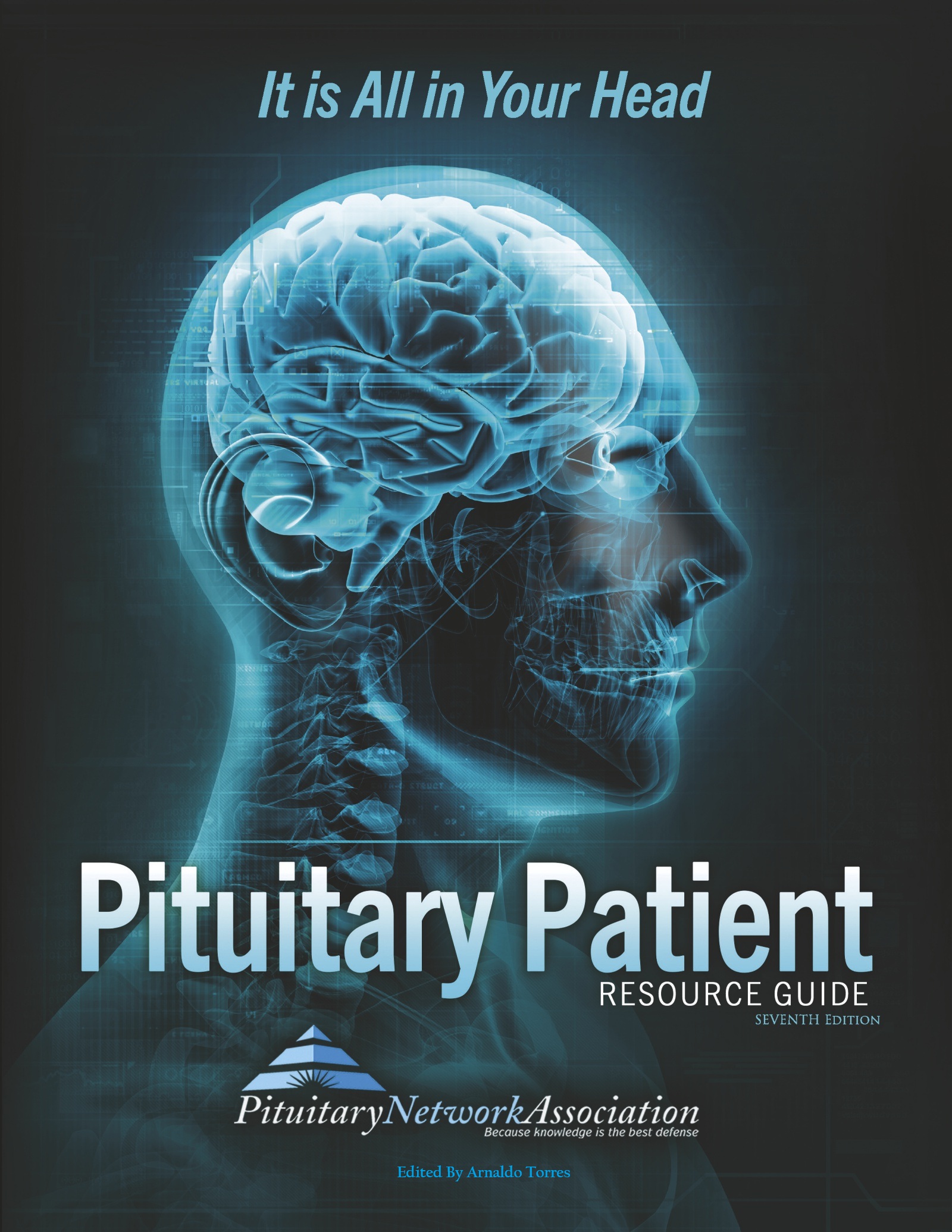Patient’s Bill of Rights
Pituitary diseases, tumors, cysts, and the resulting hormonal imbalances are considered rare, but they affect approximately 1 in 5 people throughout the world’s population. Unfortunately, these are not always textbook cases, as patients experiences can differ, and symptoms can be non-specific and mimic other diseases. Your average primary care doctor has probably never treated a patient with a pituitary disorder and will begin by treating the symptoms rather than looking for a cause. This begins the journey of the average pituitary patient, who typically has a delayed diagnosis of 7 and 10 years.
The Pituitary Network Association is supported by an international network of the world’s finest pituitary physicians and surgeons. Our goal is to reach every patient, many of whom may be undiagnosed after years of suffering and feel forgotten and abandoned. We are working to achieve this objective in five ways:
(1) By partnering with some of the top pituitary centers, universities, and skull base institute’s to provide educational seminars and public awareness campaigns for physicians, patients, families, and the community at large.
(2) By assisting the medical community in developing uniform standards for early diagnosis, surgery, radiation, pharmacological treatment, and follow-up care.
(3) By being here for the patients via phone, email, and social media, including our patient and family support groups on Facebook.
(4) By having an interactive website with many valuable resources, including pituitary physician and hospital referral information.
(5) by hosting monthly webinars led by experts in the field of pituitary medicine that are presenting the latest information on pituitary disorders and treatments, and posting them in our webinar library on our website for public view.
YOU have the right to be diagnosed and treated, and together we can work towards that goal for all pituitary patients.
- I have the right to be treated with consideration, respect, compassion, and dignity regardless of my gender, age, race, religion, national origin, sexual orientation, personal characteristics, or psychological status.
- I have the right to choose medical personnel who can deliver quality specialized healthcare for my disorder in a safe caring environment.
- I have the right to be believed. A physician may not have seen my symptoms before, but that does not mean they are not real and deserving of medical care and further investigation.
- I have the right to designate a family member or caregiver to act in my best interests if I am unable to do so.
- I have the right to be fully informed about my diagnosis, the treatment options for my disease, the costs of suggested treatments and procedures, the potential complications that may arise, and my prognosis in terms I can understand.
- I have the right to ask questions, and request second opinions or consultations if I choose to without consequence.
- I have the right to forego treatment, have my decision respected, and have my physician explain the alternative course of action based on his or her professional judgement.
- I have the right to give informed consent before any non-emergency procedure begins.
- I have the right to psychological care for the symptoms caused by my disorder and the stigma attached to my disease.
- I have the right to include my family in my healing and treatment plan so they can understand my limitations to family and work obligations.
- I have the right to patient privacy and confidentiality in accordance with (HIPAA.)
- I have the right to obtain copies or summaries of all medical records.
- I have the right to be advised of any conflict of interest my physician may have in respect to my care.
- I have a right to continuity of care when medically indicated, and my physician will help in coordinating care with other healthcare professionals, and not discontinue treatment without sufficient notice.






